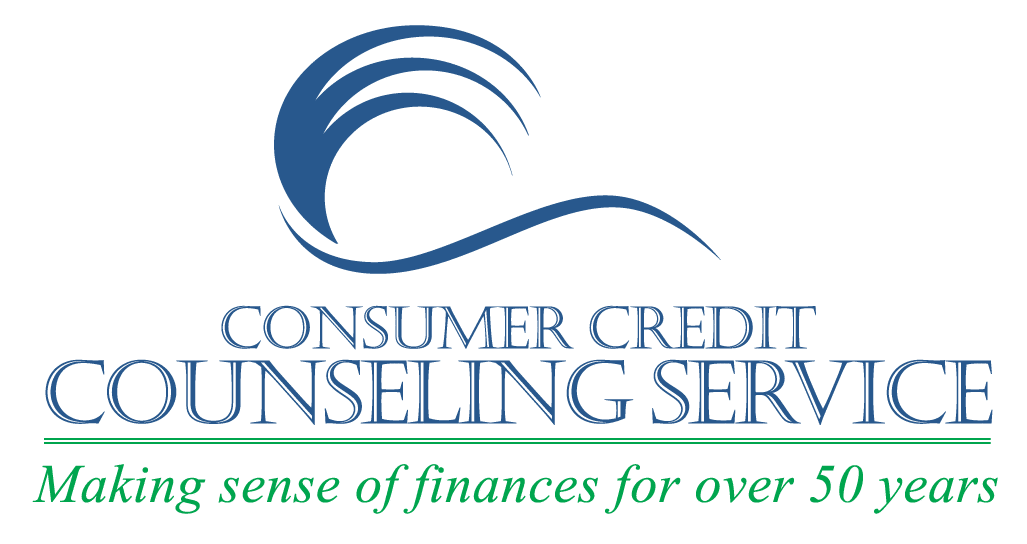Smart Strategies for Paying Off Debt and Achieve Achieving Financial Freedom

Ben R.
March 7th, 2024
Debt can often feel like an insurmountable obstacle on the path to financial freedom. However, with determination and a well-structured plan, you can regain control of your finances and pave the way to a debt-free future. In this guide, we will outline smart steps to help you pay off debt efficiently and achieve the financial independence you deserve.
Strategy 1: Assess Your Debts
– Start by compiling a comprehensive list of all your debts, including credit cards, loans, and any outstanding balances. Organize them by interest rates and outstanding amounts. Understanding the full scope of your debt is crucial to develop a targeted payoff strategy.
According to the Consumer Financial Protection Bureau, a debt-to-income ratio above 43 percent indicates you’re more likely to run into trouble making monthly payments. Staying on top of this can help you avoid financial trouble during your debt repayment journey.
To calculate if your debt-to-income ratio is below 43%, take this example:
You make $50,000 a year. You have a car loan of 15,000 and a credit card bill that you pay off every month. To calculate this, you would take your overall debt ($15,000) divided by your income ($50,000). That is 0.30 or 30%.
Strategy 2: Create a Budget
– A well-thought-out budget is the cornerstone of debt repayment. Analyze your income and expenses to determine how much you can allocate towards paying off your debts each month. Cut back on non-essential expenses and redirect those funds toward your debt payments.
i.e. A great standard for a budget is that, 30% of your income should be towards rent/mortgage payments.
Or
Consider the 30% rule where 30% of your income should go towards rent or mortgage payments. Cut back on non-essential expenses and redirect those funds toward your debt payments.
Strategy 3: Prioritize High-Interest Debts
– Target high-interest debts first to save money on interest payments over time. While continuing to make minimum payments on all your debts, channel any extra funds towards the debt with the highest interest rate. Once that debt is paid off, move on to the next one in line.
i.e. Paying off a credit card with a 26% interest rate and a balance of $5,000 with only minimum payments of $201.46, will result in 3 years of you paying down the card and spending $2,252.56 on interest alone.
Or
For instance, paying off a credit card with a 26% interest rate and a balance of $5,000 with only minimum payments of $201.46 will result in 3 years of payments and spending $2,252.56 on interest alone.
Strategy 4: Snowball Method
– Another effective approach is the snowball method. Start by paying off the smallest debt first while maintaining minimum payments on others. Once the smallest debt is cleared, roll the payment amount into the next debt on your list. This method provides a psychological boost and keeps you motivated to tackle larger debts.
i.e. This mentally makes the process feel more manageable and may result in a climb in your credit score faster as long as there are no missed payments and your credit cards are not being used.
Or
This method provides a psychological boost and keeps you motivated to tackle larger debts. It can also help improve your credit score as long as there are no missed payments and you avoid using your credit cards.
Strategy 5: Build an Emergency Fund
– To avoid falling back into debt during unforeseen circumstances, create an emergency fund. Having a financial safety net will prevent you from relying on credit cards or loans in times of crisis.
i.e. If you can manage to save 20% of your income in savings a month you will be paying yourself now, for the future. We all have heard of rainy days, When they come this is the umbrella that will allow you to walk through the storm.
Or: To avoid falling back into debt during unforeseen circumstances, create an emergency fund. Aim to save 20% of your income each month, ensuring that you’re paying yourself for the future. An emergency fund serves as your financial safety net, allowing you to weather financial storms without relying on credit cards or loans.
Strategy 6: Celebrate Milestones
– Recognize and celebrate your progress along the way. Paying off debts can be a challenging journey, and acknowledging your achievements will keep you motivated to stay on track. Consider rewarding yourself with small treats or activities that align with your budget and make you excited to reach each milestone.
Or
i.e. This can look like you rewarding yourself with your favorite dessert or doing something you value that won’t break your bank but get you excited to reach that next cornerstone of achievement.
Paying off debt and achieving financial freedom requires discipline and determination, but the rewards are immeasurable. You are not alone in the journey of debt management as dedicated counselors here at CCCS can assist in implementing all of these practices and more when you sign up for our Debt Management Program (DMP). By creating a strategic plan, prioritizing debts, and being consistent with your payments, you’ll steadily chip away at your debt burden. Remember, it’s not just about paying off debt; it’s about gaining control over your financial future and paving the way to a brighter and more secure tomorrow. So, take these smart steps, embrace the journey, and set yourself on the path to lasting financial well-being.
